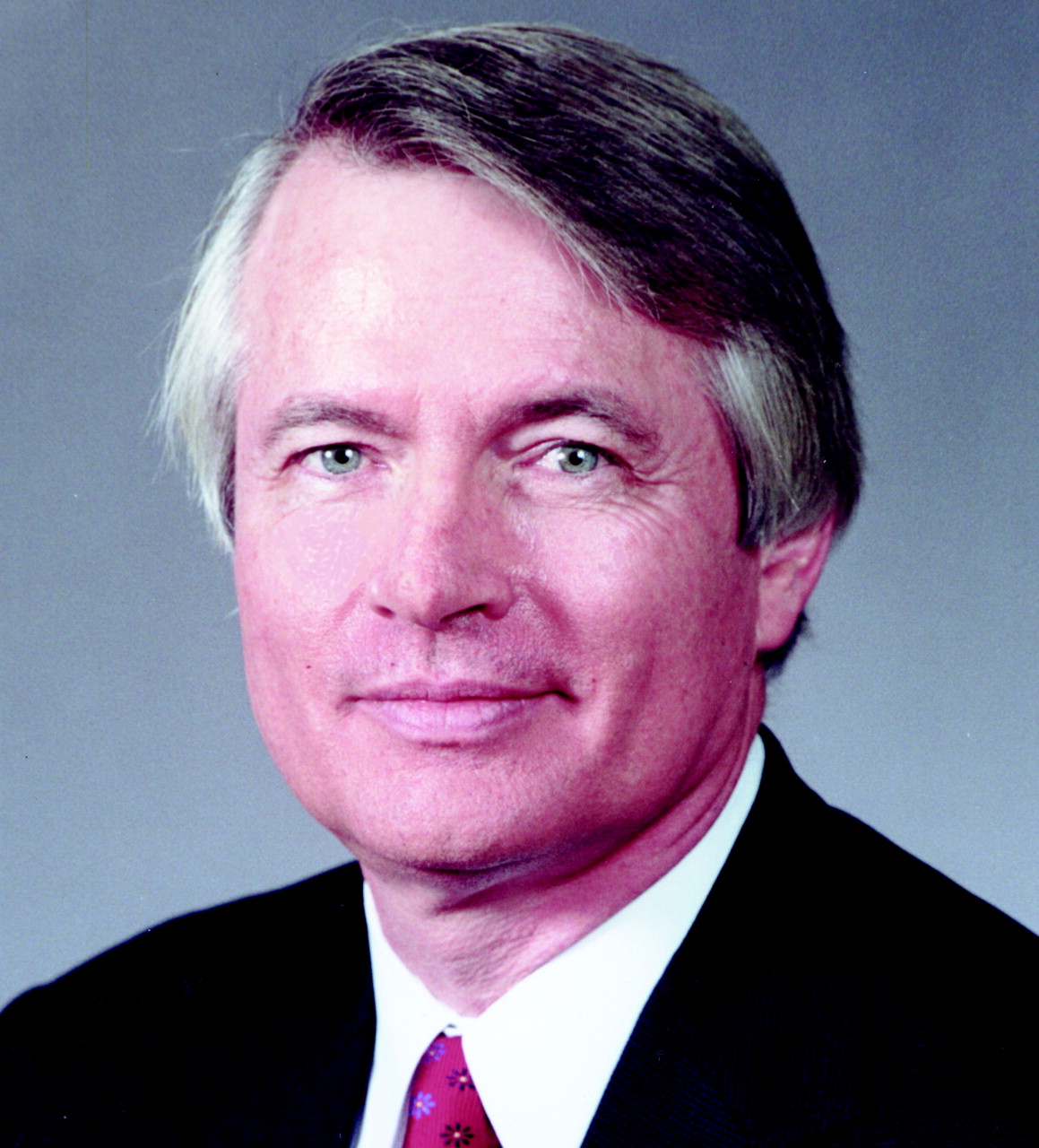One of the duties and pleasures of being president of APA is meeting with APA members and professionals from other countries who share common goals for the mentally ill. Psychiatric colleagues from around the globe now work side by side with us in seeking improved access to quality psychiatric care for all those in need.
At the invitation of the Indian Psychiatric Society, I will travel to Calcutta (Kolkata), India, this month to attend its annual meeting and address the membership. I am most honored to do so and will report back to you about the proceedings.
Whenever an officer of APA makes an international trip, he or she is often criticized. For example, my wife questions my mental status for traveling 20 hours by plane in each direction over a six-day period. In addition, there are members who feel that a six-day trip to the other side of the world is of little substance, and my time and energy should be spent on “APA matters.” Others feel that going to one country and not other competitive countries will lead only to hard feelings and problems in the future.
Understanding and accepting these criticisms, I chose to go to India. As a representative of American psychiatry, I want to take this opportunity to publicly recognize the contribution of all international medical graduates to the care of our patients and for the contribution they have made in clinical, academic, and research fields since World War II in this country. We have been most fortunate and honored to have them in America. International medical graduates have been some of the most innovative psychiatrists in our profession and continue that tradition today.
International medical graduates’ presence in America has become a symbiotic relationship. They have benefited from our excellent psychiatric training, which has led to better psychiatric person-power for those among us in America with mental illnesses. In addition, they often returned to their country of origin with cutting-edge psychiatric knowledge that has led to the improvement of worldwide standards for our profession and for patient care.
It is a new world we live in. We have been jolted to the reality of the absolute need to work with our global colleagues. Few of us would doubt the importance of working together with global colleagues on research, education, and even nomenclature. Few of us would doubt that American-trained global psychiatrists will have the opportunity to lead academic and public health initiatives throughout the world. Few of us would doubt the need for close ties with the World Psychiatric Association and the World Health Organization.
A challenge for us will be to keep our own APA house of psychiatry in order while nurturing our relationships with global siblings. About half of the world’s psychiatrists are in the U.S. We must decide if we will turn inward and reduce our investment in global psychiatric issues. We must decide whether we can develop new initiatives with others to improve the quality of psychiatric care throughout the world.
Close to 20 percent of APA members are international medical graduates. They have developed a cohort of rising leadership in our Association and other psychiatric organizations. “They are us.” We have to learn from each other as we engage in this new 21st century. We can do that. ▪

